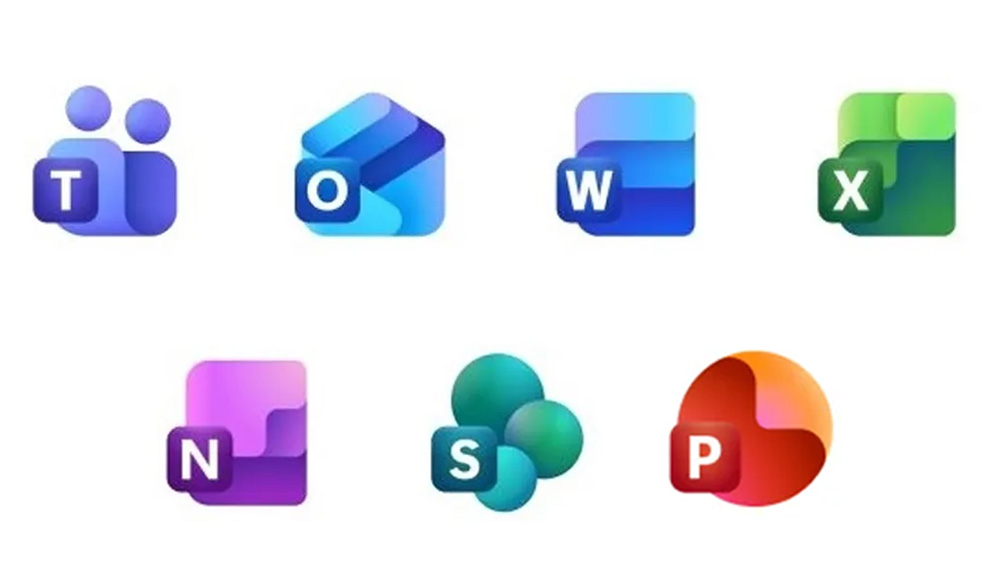Revolutionizing Air Travel: Facial Recognition to Replace Passports and Check-ins

In a groundbreaking development for air travel, passengers may soon be able to breeze through airports without the need to present their phones or passports. Instead, a simple scan of their face could unlock all doors in the airport, marking a significant leap towards a fully digital travel experience.
The International Civil Aviation Organization (ICAO), the United Nations body tasked with establishing global flying policies, is considering a major overhaul of existing travel rules. This initiative aims to eliminate the traditional check-in processes, including showing boarding passes and other identification. According to a recent report by The Times, this ambitious policy change could be implemented within the next two to three years, fundamentally transforming how we think about air travel.
Under the new system, passengers will have the ability to download a digital journey pass directly to their smartphones at the time of booking a flight. This digital pass will not only streamline the check-in process but will also automatically update in case there are any changes to the travel itinerary. Once at the airport, travelers will simply need to scan their faces to communicate their intention to board, effectively eliminating the need for physical boarding passes as airlines will be notified upon arrival.
The digital journey pass is set to include all essential details regarding the booking, including biometric data linked to the passenger's passport. This integration means that air travelers will not need to fumble with their phones or dig through their bags for travel documents, as their facial recognition data will serve as their key to access various points within the airport.
For those checking in luggage, there will be designated bag drop areas where passengers can quickly and efficiently drop off their bags. On the other hand, travelers with only carry-on luggage will first undergo a facial recognition scan at pre-security gates, granting them access to the airport's central search area. This new approach not only aims to expedite the security process but also enhances overall passenger convenience.
Currently, air travelers are required to check in either online or at the airport upon arrival, where they receive a physical boarding pass featuring a barcode that is scanned at various checkpoints throughout the airport. However, the proposed system will necessitate airports to adopt advanced facial recognition technology capable of verifying identities from mobile devices.
These changes are the biggest in 50 years, stated Valrie Viale, director of product management at Amadeus, the world's leading travel technology company. She emphasized that many airline systems have remained unchanged for decades due to the necessity for consistency and interoperability within the industry. The last significant upgrade occurred in the early 2000s with the introduction of e-ticketing. Now, the industry has recognized the need to modernize its operations to align more closely with technology practices seen in e-commerce giants like Amazon.

























